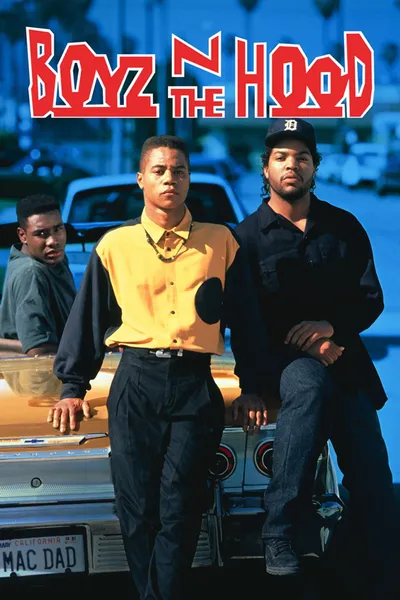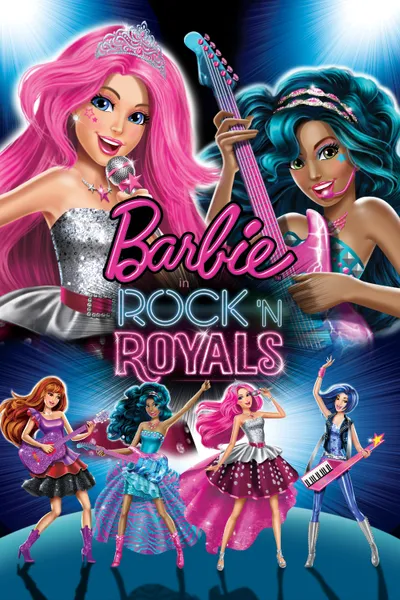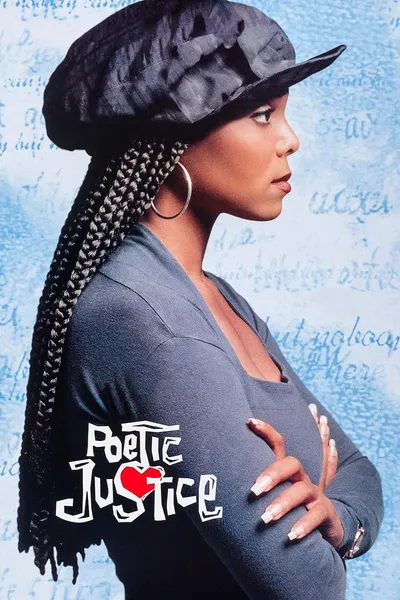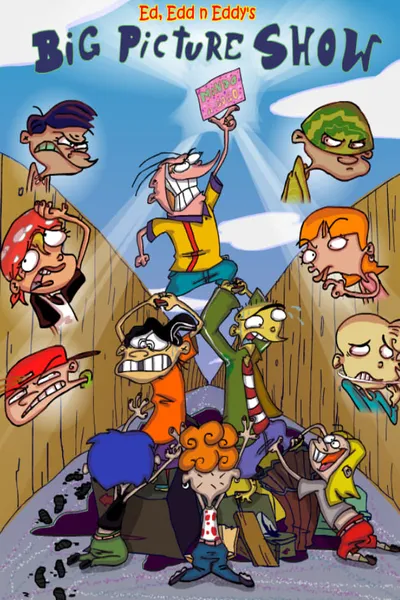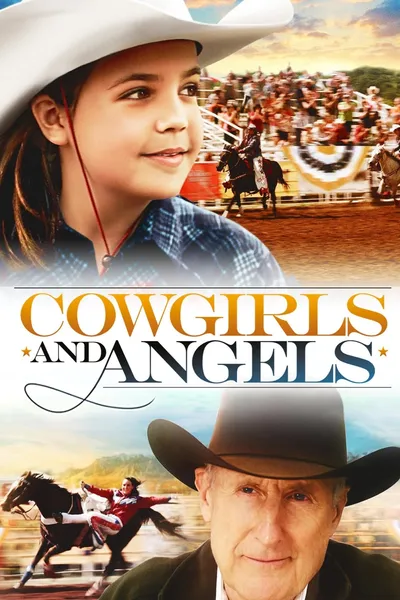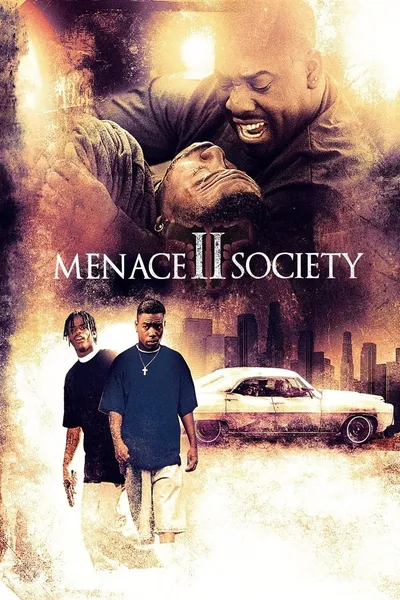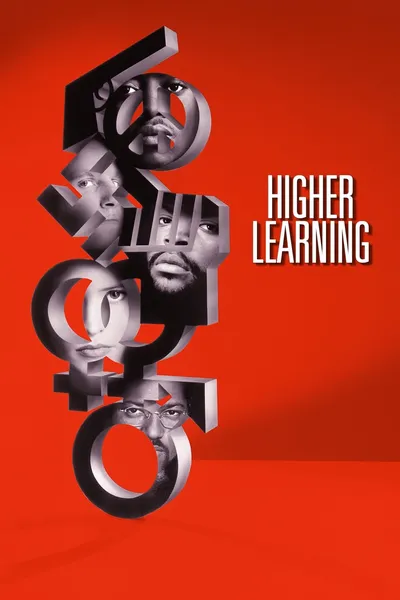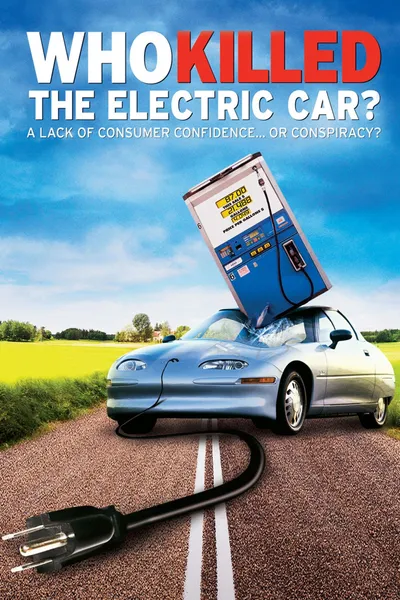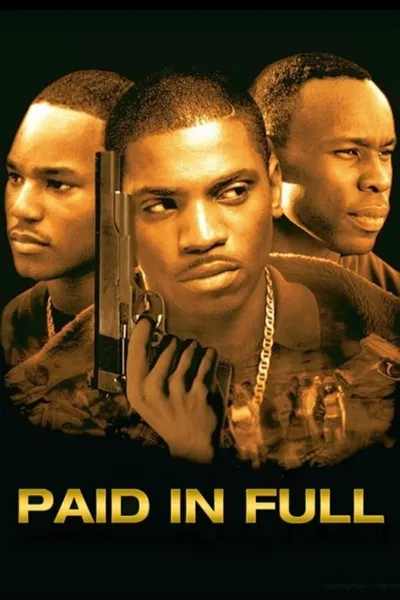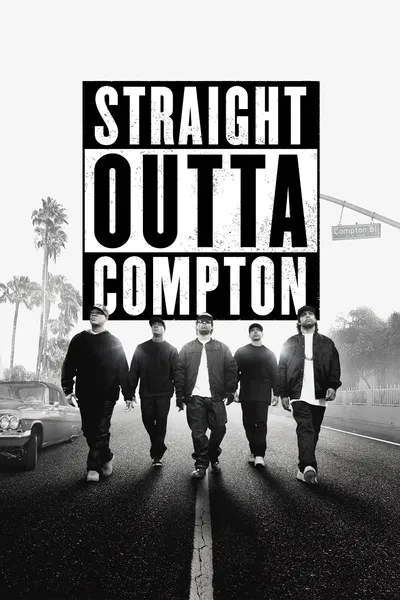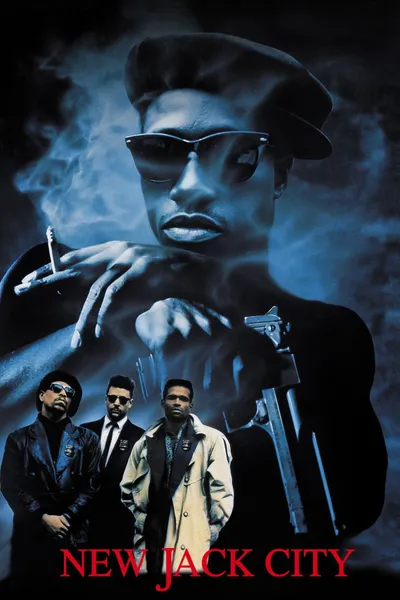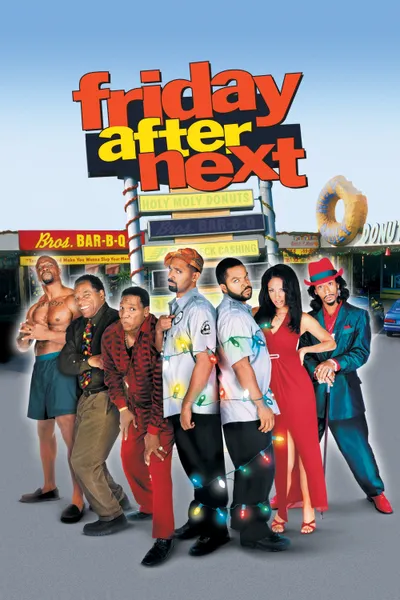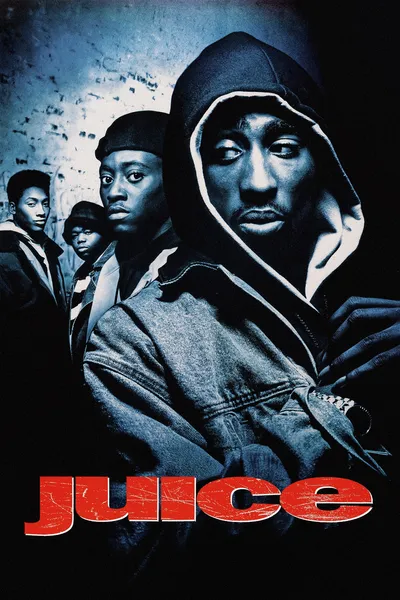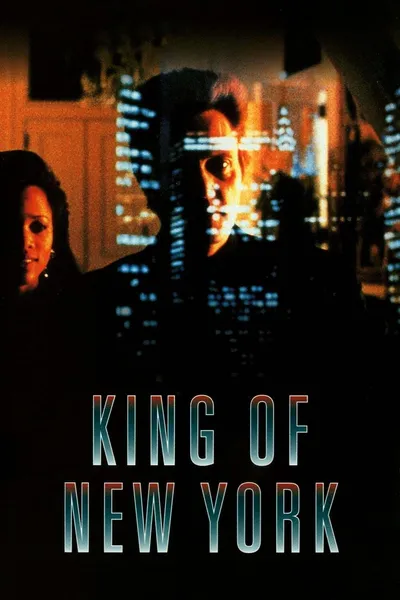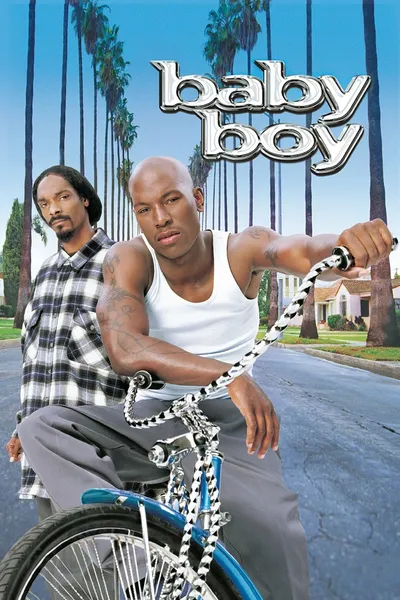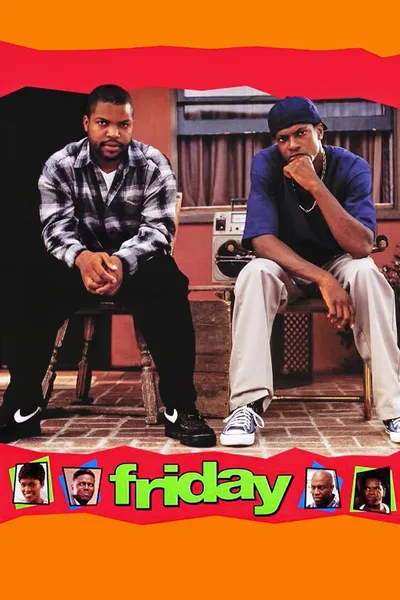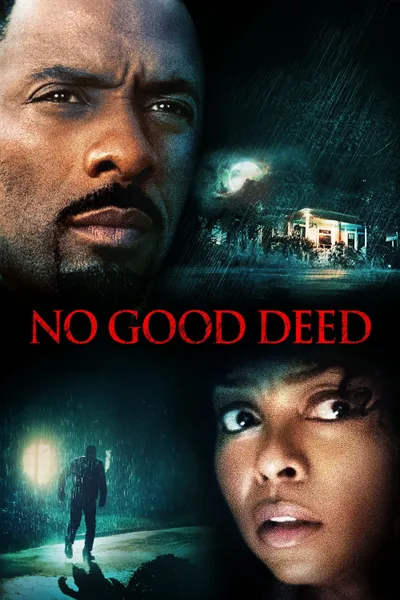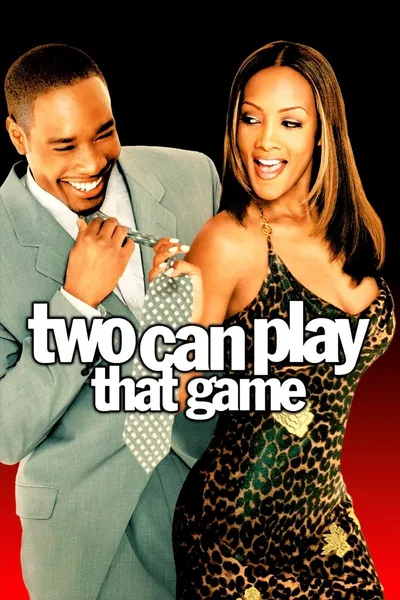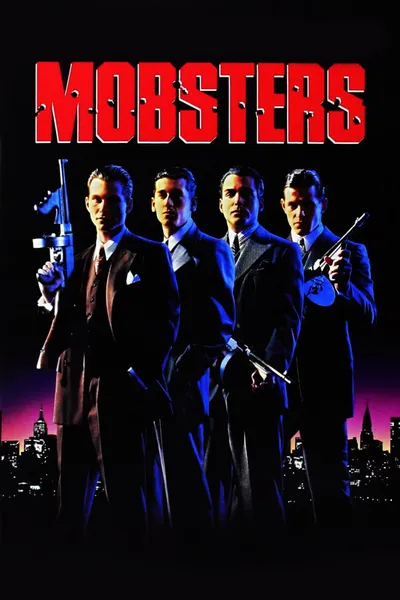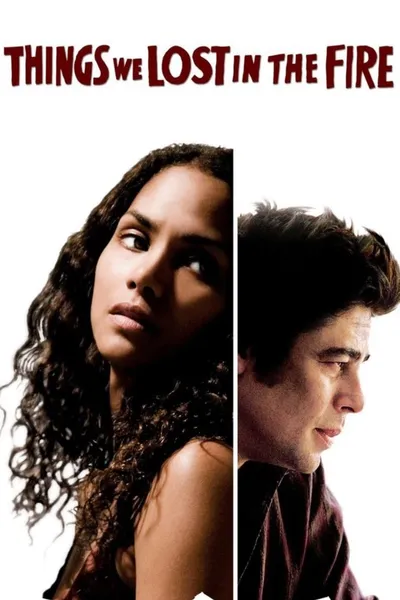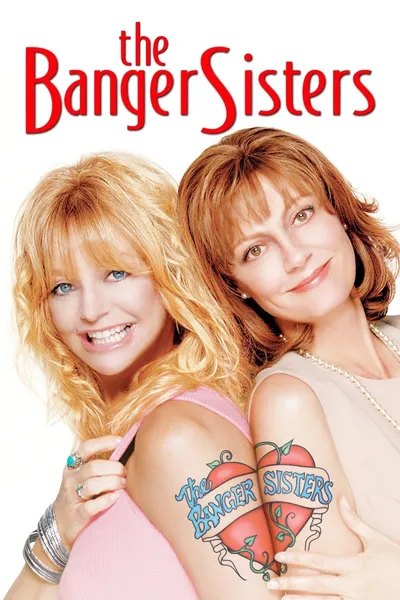Reviews
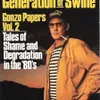

John Chard
May 13, 20199.0
Rick, it's the Nineties. Can't afford to be afraid of our own people anymore, man.
1991
"One out of every twenty-one Black American males will be murdered in their lifetime"
"Most will die at the hands of another Black male"
"Increase The Peace" is the closing message of John Singleton's powerful, intelligent and affecting call for calm in South Central Los Angeles. Often mistakenly presumed by those who haven't seen it to be a film that glamorises violence, Singleton's debut film takes us into South Central and holds us there by just shooting the story. No trickery or overtly moralistic posturing from the director (and writer), just an unpretentious look at life in a modern ghetto.
The story follows three black teenagers as they ponder on what life holds for them as adulthood lurches from around the corner. Brothers Doughboy (Ice Cube) and Ricky Baker (Morris Chestnut) and best friend Tre Styles (Cuba Gooding Jr), each have the usual worries that come with leaving the teenage years behind. Parents, girls, careers, not returning to the pen! But this is no ordinary coming of age drama, we have been party to this neighbourhood that these boys live in. This is a place where a trip to the store can get you killed in a drive by shooting. A place where those keen to learn and do their homework have their muse shattered by the frequent sound of gunshots and sirens filling the South Central night.
Though Singleton can be accused of painting some of his characters as too saintly, he should be forgiven since this is after all, a message movie. Besides which his portrait of this particular neighbourhood is done from honest memory since he himself be a former youth of South Central LA. There in lies one of Boyz's trump cards, Singleton, through his own observations, asks of those in "The Hood" to take responsibility for what they do. Something that is potently given narrative credence courtesy of Tre's father's (a fabulous understated Laurence Fishburne) deep musings. Once the built up tension explodes with the inevitable tragedy that all should be ready for, the impact is like a sledgehammer hitting bone. Not in a blood letting for impact sake, but with the aftermath as a family soaks up the situation. It gives 90s cinema one of its most affecting and damning scenes, one that once viewed is hard to fully shake out of the memory bank. Here Singleton could possibly have bowed out of the story, but he goes further, expanding the aftermath and taking us, along with the characters, to the final "Increase The Peace" dénouement.
It's been called everything from an After School Special to the most important Black American movie made thus far. I agree with the last assessment. 9/10

GenerationofSwine
January 14, 202310.0
John Singleton really isn't my thing. I mean, the movie came out in '91 but didn't get much exposure out in the country where I grew up until it was on HBO. However "Poetic Justice" DID and when I finally came around to watching "Boyz n the Hood" I had extremely low expectations.
I honestly thought it was going to be as absolutely pointless as "Poetic Justice" was.
And, yeah, I did kind of like "Higher Learning," which I also saw before this, but I still kind of feel that he was pointing the finger at white people and telling the viewers that we are all evil and the cause of all the problems in the world.
So I went in here thinking it was going to be a talented racist mess.
However, it wasn't. The fact is the film was absolutely amazing. And, honestly, it was the first film I saw about gangs, from a non-police POV, that didn't glorify them. And it remains one of the few gangland movies I've seen that doesn't glorify the lifestyle.
And I understand that they are two completely different beasts, but the film felt like it was taking the issue of gangs and giving it a "The Godfather" treatment...and it worked.
It worked brilliantly. You can both relate to the characters--although I'm probably not supposed to say that--and see that the gang culture is a horrible thing.
Unlike "Poetic Justice" it has a point. And unlike "Higher Learning," it doesn't cast as racist of a finger.
It actually deals with issues and tells a story and, honestly, to watch it is to love it.
Recommendation Movies
Barbie in Rock 'N Royals2015
Poetic Justice1993
Ed, Edd n Eddy's Big Picture Show2009
Cowgirls n' Angels2012
Menace II Society1993
Higher Learning1995
Who Killed the Electric Car?2006
Paid in Full2002
Straight Outta Compton2015
New Jack City1991
Friday After Next2002
Juice1992
King of New York1990
Baby Boy2001
Friday1995
No Good Deed2014
Two Can Play That Game2001
Mobsters1991
Things We Lost in the Fire2007
The Banger Sisters2002
© 2024 MoovieTime. All rights reserved.Made with Nuxt
